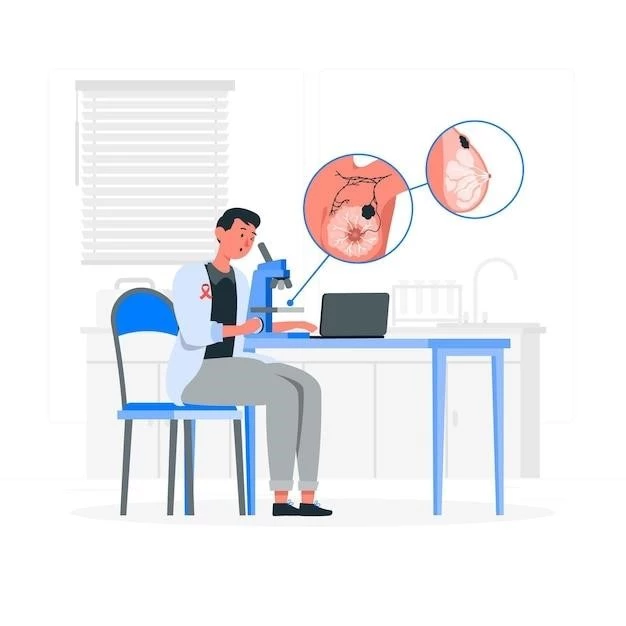Understanding Cystinosis
Causes of Cystinosis
Symptoms and Diagnosis of Cystinosis
Treatment Options for Cystinosis
Complications Associated with Cystinosis
Management of Cystinosis in Children
Research Advances in Cystinosis
Nutritional Considerations for Cystinosis Patients
Support Resources for Individuals with Cystinosis
Causes of Cystinosis
Cystinosis is a rare genetic disorder caused by mutations in the CTNS gene, leading to the accumulation of cystine within cells. This buildup forms crystals that can damage various organs, particularly the kidneys and eyes. The condition is inherited in an autosomal recessive pattern, meaning that an individual must inherit two mutated copies of the gene – one from each parent – to develop the disease. The CTNS gene provides instructions for producing a protein that plays a crucial role in transporting cystine out of cells. When this protein malfunctions, cystine cannot exit the cell and builds up to toxic levels, causing the symptoms associated with cystinosis. While most cases of cystinosis are diagnosed in childhood, the severity of the condition can vary widely among affected individuals. Understanding the genetic basis of cystinosis is essential for accurate diagnosis, prognosis, and treatment planning.
Symptoms and Diagnosis of Cystinosis
Cystinosis manifests with various symptoms, including poor growth, kidney dysfunction leading to excessive thirst and urination, photophobia, and muscle weakness. The diagnosis of cystinosis typically involves a thorough clinical evaluation, genetic testing to confirm mutations in the CTNS gene, as well as assessing cystine levels in leukocytes or cystine crystals in the cornea. Early detection of symptoms and prompt diagnosis are crucial for initiating appropriate treatment to manage the progression of the disease and prevent complications. Healthcare providers may also monitor kidney function, eye health, and growth parameters regularly to monitor the impact of cystinosis on the affected individual. Collaborative efforts between medical professionals and genetic specialists are essential for accurate diagnosis and holistic management of cystinosis.
Treatment Options for Cystinosis
The management of cystinosis involves a multidisciplinary approach aimed at addressing the underlying cause of cystine accumulation and mitigating its effects on various organs. The primary treatment for cystinosis is cysteamine therapy, which helps reduce cystine levels in cells and slows down disease progression. Additionally, supportive care such as nutritional interventions, kidney function monitoring, and eye care are essential components of treatment. In some cases, individuals with cystinosis may require kidney transplantation to address end-stage renal disease. Ongoing research is focused on developing novel therapies, including gene therapy and other targeted interventions, to improve outcomes for individuals with cystinosis. Close collaboration between healthcare providers, patients, and caregivers is crucial for optimizing treatment strategies and enhancing the quality of life for those affected by cystinosis.
Complications Associated with Cystinosis
Cystinosis can lead to various complications affecting multiple organ systems. The most common complications include progressive kidney damage, resulting in chronic kidney disease and the potential need for kidney transplantation. Ocular complications such as corneal cystine crystal accumulation can lead to photophobia, vision impairment, and even blindness if left untreated. Individuals with cystinosis are also at increased risk of developing muscle weakness, hypothyroidism, and neurological issues. Adequate management of cystinosis-related complications requires close monitoring, timely intervention, and comprehensive care from a team of healthcare professionals. Addressing these complications promptly and effectively is essential for improving the long-term outcomes and quality of life for individuals living with cystinosis.
Management of Cystinosis in Children
The management of cystinosis in children requires a comprehensive approach to address the unique needs of pediatric patients with this rare genetic disorder. Treatment strategies focus on slowing disease progression, minimizing complications, and supporting overall growth and development. Cysteamine therapy, a cornerstone of cystinosis treatment, is initiated early to reduce cystine accumulation and preserve kidney function. Careful monitoring of kidney health, growth parameters, and nutritional status is essential to optimize outcomes in children with cystinosis. Ophthalmologic assessments are crucial for detecting and managing ocular manifestations of the condition. Multidisciplinary care teams, including pediatric nephrologists, geneticists, ophthalmologists, nutritionists, and developmental specialists, collaborate to provide tailored care to children with cystinosis. Early intervention and ongoing support play a vital role in ensuring the well-being of pediatric patients affected by this complex disease.
Research Advances in Cystinosis
Ongoing research in the field of cystinosis focuses on advancing our understanding of the disease mechanism, exploring innovative treatment modalities, and improving outcomes for affected individuals. Recent developments include investigations into gene therapy approaches to correct the underlying genetic defect responsible for cystinosis. Researchers are also studying novel drug therapies aimed at reducing cystine buildup in cells and preventing organ damage. In addition, there is a growing emphasis on precision medicine strategies to tailor treatment plans based on individual genetic profiles and disease progression. Collaborative efforts between academic institutions, pharmaceutical companies, and patient advocacy groups play a crucial role in driving research advancements in cystinosis. The ultimate goal of research initiatives is to enhance the quality of life and prognosis for individuals living with cystinosis.
Nutritional Considerations for Cystinosis Patients

Nutritional management is a vital aspect of care for individuals with cystinosis to support overall health and well-being. Due to the renal and gastrointestinal complications associated with the condition, dietary interventions play a crucial role in optimizing nutritional status and managing symptoms. A dietitian specializing in cystinosis can develop personalized meal plans that address specific needs such as maintaining adequate protein intake while limiting cystine in the diet. Adequate hydration is essential to support kidney function and prevent dehydration. In some cases, nutritional supplements may be prescribed to address micronutrient deficiencies or support growth in pediatric patients; Regular nutritional assessments and ongoing guidance from healthcare providers are essential to ensure that individuals with cystinosis receive comprehensive nutritional support tailored to their unique requirements.
Support Resources for Individuals with Cystinosis
Living with cystinosis can present various challenges, and access to support resources is essential for individuals and families affected by this rare genetic disorder. Patient advocacy organizations, such as the Cystinosis Research Network and Cystinosis Foundation, offer valuable educational materials, support networks, and patient assistance programs. These organizations provide a platform for individuals with cystinosis to connect with others facing similar experiences, access up-to-date information on the condition, and participate in research initiatives. In addition, healthcare providers, including nephrologists, genetic counselors, and social workers, play a crucial role in providing guidance, information, and emotional support to individuals and families navigating the complexities of cystinosis. By leveraging support resources, individuals with cystinosis can enhance their quality of life, engage in advocacy efforts, and stay informed about the latest developments in research and treatment options.
